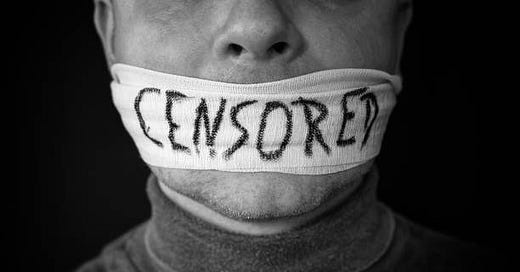Ireland's Hate Offences Bill Represents an Unprecedented Assault on Free Speech and Rule of Law
Dáil Eireann, the lower house of the Irish Parliament, has just passed one of the most radical hate speech laws in the Western world, a law so radical that it could criminalise material in your “possession” that you have never made public, if that material is deemed by a judge to be liable to incite hatred and you cannot prove it was exclusively for per…
Keep reading with a 7-day free trial
Subscribe to THE FREEDOM BLOG to keep reading this post and get 7 days of free access to the full post archives.




